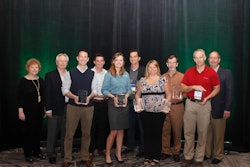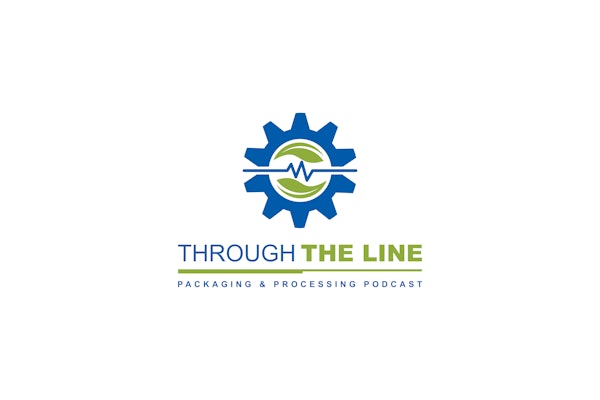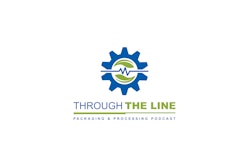Food and agriculture supply chain companies and conservation organizations have formed a partnership to support farmers in the improvement of soil health and water quality. The collective launched the Midwest Row Crop Collaborative—a broad-based effort to support, enhance and accelerate the use of environmentally preferable agricultural practices already underway in Illinois, Iowa, and Nebraska.
The collaborative has committed to raising $4 million over five years to help accelerate the Soil Health Partnership, a farmer-led initiative of the National Corn Growers Association. With 65 farm sites already a part of the effort, the Soil Health Partnership’s goal is to enroll 100 farms for field-scale testing and measuring management practices that improve soil health. Such practices include growing cover crops, implementing conservation tillage like no-till or strip-till, and using adaptive, innovative and science-based nutrient management techniques.
The Midwest Row Crop Collaborative’s founding members include Cargill, Environmental Defense Fund, General Mills, Kellogg Company, Monsanto, PepsiCo, The Nature Conservancy, Walmart, and World Wildlife Fund.
“As an agricultural and food company, Cargill sees the MRCC as a way to support and accelerate the adoption of existing conservation programs set up by farmers and work with customers and organizations that share sustainability goals with the ag community,” said David MacLennan, chairman and CEO of Cargill.
“This collaboration between environmental organizations and some of the world’s largest agriculture-based companies should lead to significantly ramped-up water conservation in the Midwest,” said Mark R. Tercek, president and CEO of The Nature Conservancy. “TNC is eager to use our science and expertise to accelerate solutions that match the scale of the challenges we face in that region, such as improving water quality across the Midwest and addressing the dead zone in the Gulf of Mexico.”
The collaborative plans to initially focus on optimizing soil health practices outcomes, reducing nutrient losses — chiefly nitrogen and phosphorus — into the rivers and streams of the Mississippi River Basin, maximizing water conservation to reduce pressure on the Ogallala Aquifer, and reducing greenhouse gas emissions.
Most importantly, the Midwest Row Crop Collaborative is committed to working with others—farmer organizations, environmental groups, and state and local watershed partnerships—to achieve the goals outlined in the Gulf Hypoxia Taskforce action plan and respective state nutrient and water loss reduction plans. Those common goals include:
- By 2025, 75 percent of row crop acres in Illinois, Iowa and Nebraska are engaged in the sustainability measures that will result in optimizing Field to Market Fieldprint® analyses and soil health practices outcomes.
- By 2025, reduce nitrogen loading from Illinois, Iowa and Nebraska by 20 percent as a milestone to meet agreed upon Gulf of Mexico Hypoxia Task Force goal of 45 percent reduction in nitrogen and phosphorus loading.
- By 2025, 50 percent of all irrigation units used in Nebraska will maximize water conservation to reduce pressure on the Ogallala Aquifer.
- By 2035, Illinois, Iowa and Nebraska have met the 45 percent nutrient loss reduction goal, and partnerships and goals are established to expand the Collaborative across the Upper Mississippi River Basin.
The collaborative will employ four strategies to improve positive environmental and social outcomes in the Upper Mississippi River Basin. These strategies are:
- Building the Business Case: build data and engage farmers via the Soil Health Partnership;
- Sustainable Agriculture Resource Center: provide training and technical support for ag retailers and crop advisors to help scale conservation practices such as fertilizer optimization and cover crop adoption;
- Policy Engagement: plan for and understand drivers and incentives for in-field, edge-of-field and landscape conservation practices; and,
- Communications: catalyze change in the region and help consumers understand these efforts by highlighting the innovation of farmers making measurable progress.
The Midwest Row Crop Collaborative has partnered with the Keystone Policy Center to facilitate its work.




















